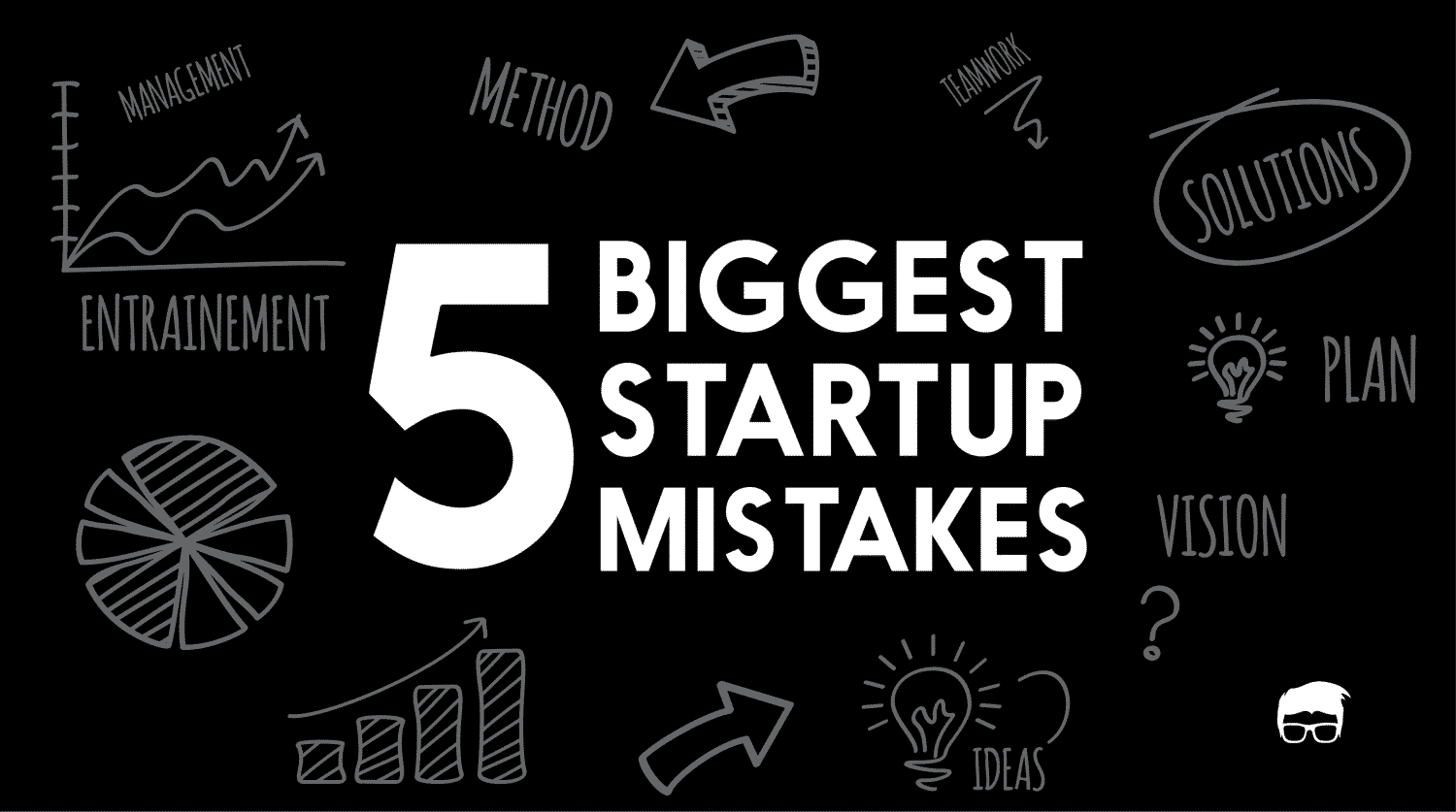Self-sustainability is important for the initial stages of a startup. If you’re self-sustainable, you have more confidence, you can take as much time as you want to develop, pivot, or upgrade. You have more say in the negotiations with partners and investors. And you see the big picture which isn’t limited to just sales and other short-term goals.
But how exactly do you define self-sustainability for a startup and when should you aim to achieve it?
Well, it’s referred to as ramen profitability; and yes, it is related to ramen noodles.
What Is Ramen Profitability?
Ramen Profitability is a situation where the startup earns enough profit to cover the founders’ living expenses.
In simple terms, a startup is ramen profitable when it earns a few dollars beyond the break even in the initial stages. These few dollars help the founders pay for their daily expenses and live by eating ramen (instant noodles).
This form of profitability is witnessed at a very early stage (within a few months of starting the operations) and is a result of founders’ sheer commitment, good research, and fewer expenses.
It is a totally different concept from traditional profitability (and many don’t even consider this to be profitability) as the latter involves an initial (huge) investment, which then leads to the break-even in few years, and then to the profits which also huge when compared to this stage. Ramen profitability can be achieved even with $5000 of monthly revenue. It could be because the startup’s expenses are really less, there are not many employees and most of the work is done by the founders and they can live on almost nothing.
Card
Why Should You Strive To Achieve Ramen Profitability?
No matter how less the monthly revenue be, if the startup starts sustaining itself, there are innumerable benefits to it.
Once you earn enough money to cover your and your startup’s daily expenses, your focus shift on bigger picture like growth and development. Besides this, achieving ramen profitability also –
- Boosts your and your team’s morale, which in turn reduces the fear of failure among the minds of the founders, partners, and employees.
- Validates your product-market fit hypothesis (partially) as you now have customers who are willing to pay for your offering.
- Buys you more time in case you want to pivot, divert, or upgrade your business model or offering.
- Gives you more say in front of the investors as now you have a more sustainable outlook and have the time to say no to the investment offer and look for a better one.
You should strive to achieve ramen profitability before pitching to the investors as this achieving this milestone addresses three of the biggest worries of investors –
- Product or service which the target audience actually wants,
- Entrepreneur(s) who knows the value of money (and keeps expenses low),
- Getting people to pay for the offering
When three of the biggest worries why a startup fails are addressed, investors are more willing to invest on your terms and cooperate with you.
In the words of Paul Graham –
If startups need less [money], they’ll be able to get it on better terms, which will make them more inclined to take it. That will tend to produce an equilibrium.
Is Ramen Profitability A Measure Of Long-Term Sustainability?
Achieving ramen profitability doesn’t guarantee that your startup will succeed in the long run. This is just a short-term measure of sustainability. Most of the startups achieve ramen profitability in their beta stage, when the original product hasn’t even launched.
Once you grow, your policies change, new people come on board, and you expand. This is a dramatic change, the success of which is measured by traditional profitability.
Hence, while it’s preferred to be ramen sustainable before you pitch your startup to the investors, this profitability doesn’t guarantee long-term sustainability.
Go On, Tell Us What You Think!
Did we miss something? Come on! Tell us what you think of our article on ramen profitable in the comments section
A startup consultant, digital marketer, traveller, and philomath. Aashish has worked with over 20 startups and successfully helped them ideate, raise money, and succeed. When not working, he can be found hiking, camping, and stargazing.








